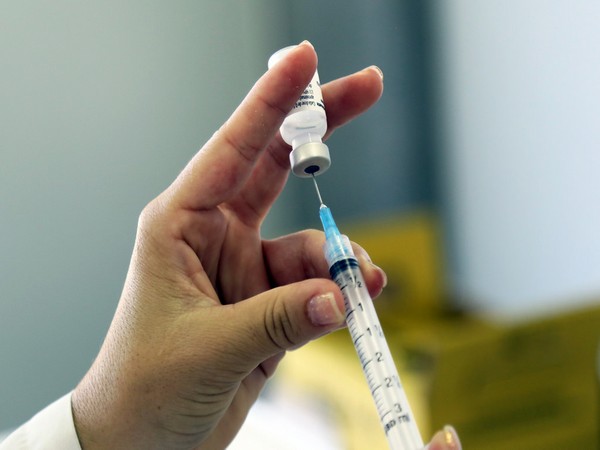

A new study explores differences in the duration of immunity to SARS-CoV-2 from vaccines and natural infection based on waning antibody levels and demonstrates the need for booster vaccination in curtailing breakthrough infections and reinfections.
The public health response to continued outbreaks of SARS-CoV-2 requires understanding the durability of immunity conferred by vaccines and natural infection, the ideal timing for boosters, and the likelihood of breakthrough infections.
In the research published in the ‘Proceedings of the National Academy of Sciences’ (PNAS) on June 15, Jeffrey P. Townsend and colleagues estimated the durability of immunity and the likelihood of breakthrough infections over time using comparative evolutionary analysis.
The authors used the relatedness of the coronaviruses to integrate long-term immunological data from endemic coronavirus infections, reinfection data from close human-infecting relatives of SARS-CoV-2, waning antibody levels after natural infection from zoonotic coronaviruses, and immunological data following SARS-CoV-2 vaccination.
The analyses incorporated trends in anti-spike protein IgG antibody levels over time following vaccination with four common SARS-CoV-2 vaccines. Natural infection conferred a median of 21.5 months of protection from breakthrough infection, whereas mRNA vaccines produced by Pfizer-BioNTech and Moderna elicited antibody levels higher than natural infection, leading to a median time to breakthrough infection of 29.6 months.
The authors found that viral vector vaccines produced by Oxford-AstraZeneca and Johnson & Johnson/Janssen elicited antibody levels similar to those elicited by natural infection, with median times to breakthrough infection of 22.4 months and 20.5 months, respectively.
According to the authors, the results demonstrate the need for booster vaccination in curtailing breakthrough infections and reinfections.
The authors used the relatedness of the coronaviruses to integrate long-term immunological data from endemic coronavirus infections, reinfection data from close human-infecting relatives of SARS-CoV-2, waning antibody levels after natural infection from zoonotic coronaviruses, and immunological data following SARS-CoV-2 vaccination. The analyses incorporated trends in anti-spike protein IgG antibody levels over time following vaccination with four common SARS-CoV-2 vaccines.
Natural infection conferred a median of 21.5 months of protection from breakthrough infection, whereas mRNA vaccines produced by Pfizer-BioNTech and Moderna elicited antibody levels higher than natural infection, leading to a median time to breakthrough infection of 29.6 months.
The authors found that viral vector vaccines produced by Oxford-AstraZeneca and Johnson & Johnson/Janssen elicited antibody levels similar to those elicited by natural infection, with median times to breakthrough infection of 22.4 months and 20.5 months, respectively.
According to the authors, the results demonstrate the need for booster vaccination in curtailing breakthrough infections and reinfections.